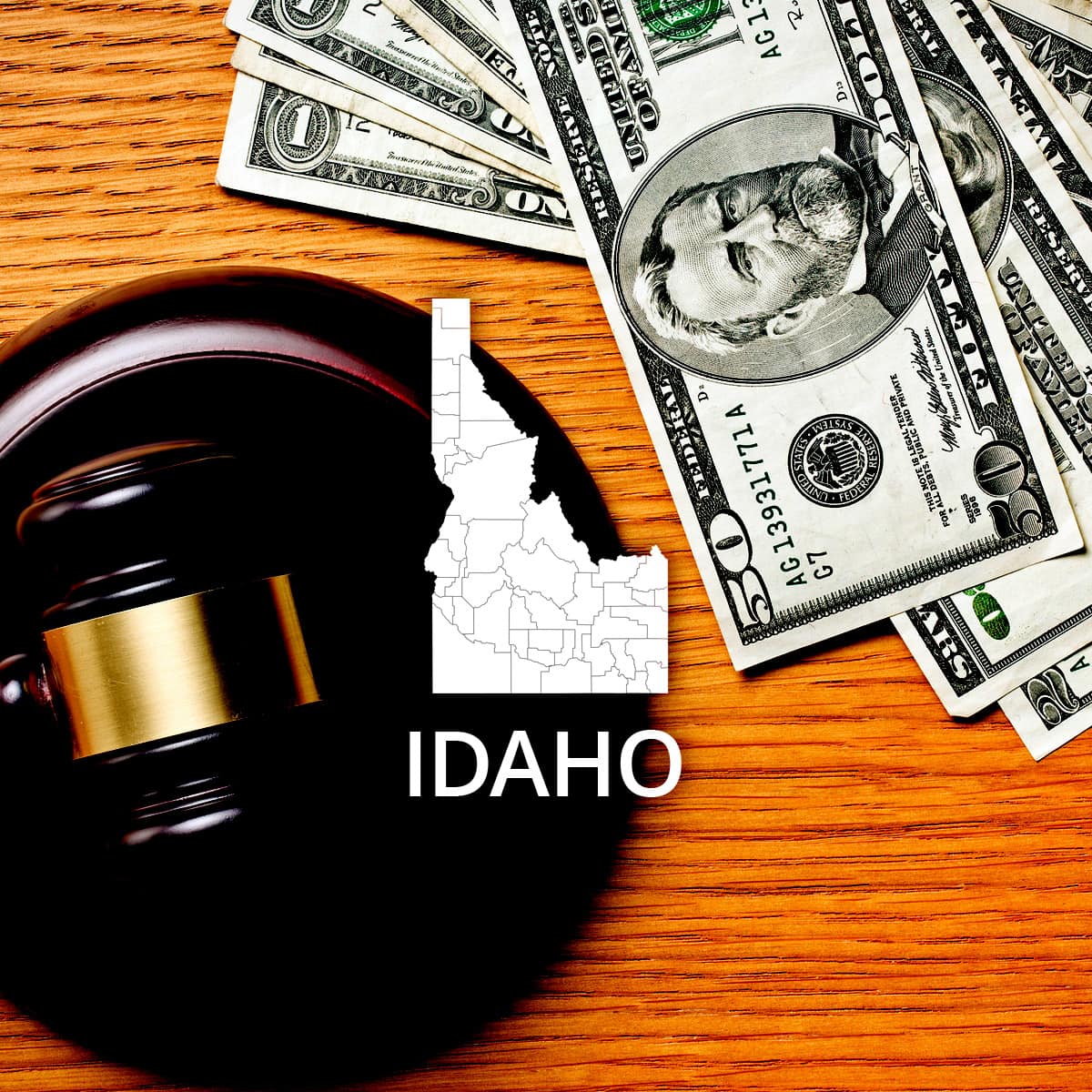 Multiple Bankruptcies: How Often You Can File One?
Multiple Bankruptcies: How Often You Can File One?
Table of Contents
 How to File Bankruptcy in Idaho
How to File Bankruptcy in Idaho
 There are four types of bankruptcies a petitioner may file for in Idaho: Chapter 7, Chapter 11, Chapter 12 and Chapter 13. According to the 2005 Bankruptcy Act, all debtors must adhere to federal bankruptcy regulations, but can file in district courts in their state. Idaho has 5 locations for bankruptcy filing and hearings.
There are four types of bankruptcies a petitioner may file for in Idaho: Chapter 7, Chapter 11, Chapter 12 and Chapter 13. According to the 2005 Bankruptcy Act, all debtors must adhere to federal bankruptcy regulations, but can file in district courts in their state. Idaho has 5 locations for bankruptcy filing and hearings.
 Idaho Bankruptcy Types: Chapter 13, Chapter 7 & Chapter 11
Idaho Bankruptcy Types: Chapter 13, Chapter 7 & Chapter 11
Filing Chapter 7 Bankruptcy in Idaho
The first type of bankruptcy is Chapter 7, or straight bankruptcy. Chapter 7 uses the non-exempt assets of a debtor to repay a portion of his or her debt. Typically those who petition for Chapter 7 have fewer assets and a lower income, but may eliminate nearly all of their unsecured debt to creditors such as credit card companies and medical bills. Non-dischargeable debt like back taxes, student loans and child support will still remain the responsibility of the debtor.
Idaho Bankruptcy Chapter 13 Details
Chapter 13 is a reorganization code of bankruptcy. A petitioner may have to give the court fewer of their assets to repay debt, and can often keep their house or car. A summary of repayment is made in the case of Chapter 13 and a petitioner is typically given 3 to 5 years to eliminate their debt.
Idaho Chapter 11 Bankruptcy Details
Chapter 11 is also a restructuring of debts, except for a business. This code allows a business to file for bankruptcy relief while still in operation.
Idaho Chapter 12 Bankruptcy Details
The code designed for family farmers and fisherman is known as Chapter 12 and can help these particular businesses to reorganize their debt, protect their assets and stay afloat during a 3 to 5 year repayment period.
How Much Does it Cost to File Bankruptcy in Idaho?
The cost for filing Chapter 7 bankruptcy is $306 and Chapter 13 is $281. Some cases allow for the $306 to be waived, but all petitioners for Chapter 13 must pay their fees. It is also required for Chapter 13 filers to submit a repayment plan along with their documents and forms for court approval.
 Idaho Bankruptcy Forms
Idaho Bankruptcy Forms
Official bankruptcy forms for the U.S. Bankruptcy Courts are available at https://www.uscourts.gov/forms/bankruptcy-forms or RecordsFinder.com Court Forms Section.
 What Are the Steps in Filing for Bankruptcy in Idaho?
What Are the Steps in Filing for Bankruptcy in Idaho?
The 2005 Bankruptcy Act requires all petitioners to receive credit counseling within approximately 6 months before filing for bankruptcy. If the debtor determines that bankruptcy relief is the best course of action there are multiple steps in the process from start to completion.
- The first being a Means Test, these are used to determine if the income of the petitioner is above or below the median for the state of Idaho for a period of 6 months. If a debtor's income is below the median, he or she is eligible to file for Chapter 13. Those with a higher income have the option of Chapter 13.
- Following the Means Test, a petitioner will need to gather documents to submit to the court. These include but are not limited to: loan documents, a list of debts, property deeds, vehicle titles, monthly living expenses, records for recent major financial transactions, an inventory of possessions and tax documents for 2 years.These documents are combined with forms required by the court.
- Often a petitioner will hire an attorney to help them through the process, however, it is not required.
- Once bankruptcy has been filed, an automatic stay is placed by the court to keep creditors from contacting the debtor and to halt foreclosure proceedings. A trustee is appointed by the court to collect the non-exempt assets from the petitioner and use them to repay debt. Furthermore, the trustee is responsible for holding a 341 meeting where the debtor and creditors negotiate terms, if no agreement can be made, a judge will intervene.
- Lastly the petitioner must complete financial management courses approved by the court to finalize their bankruptcy. A person filing for Chapter 13 will be held accountable by the court to continue making payments according to the agreed upon repayment summary.
 Idaho Bankruptcy Court Details
Idaho Bankruptcy Court Details
There are 5 District Courts of Idaho that can process bankruptcy filings and hearings. They are located in Boise, Coeur d'Alene, Jerome, Moscow and Pocatello. To contact the bankruptcy clerk for the state, call 208-334-1074.




